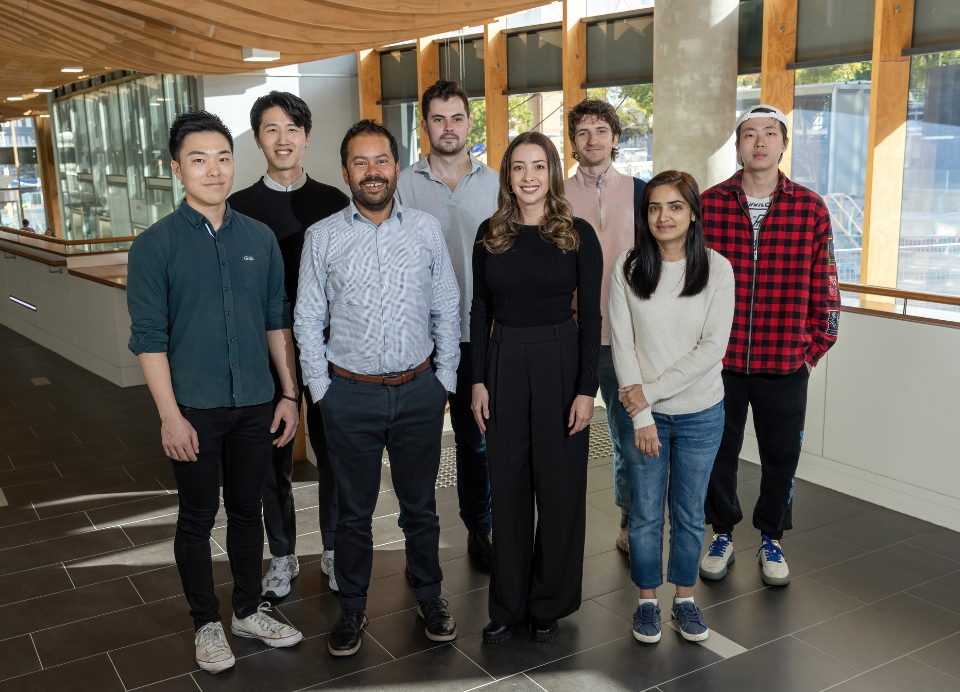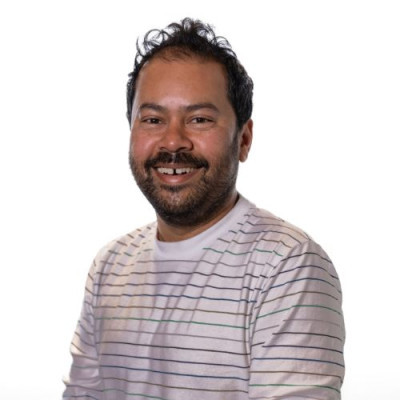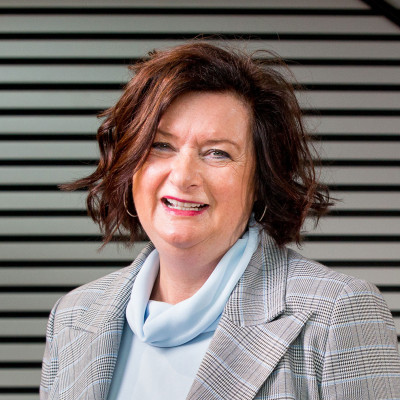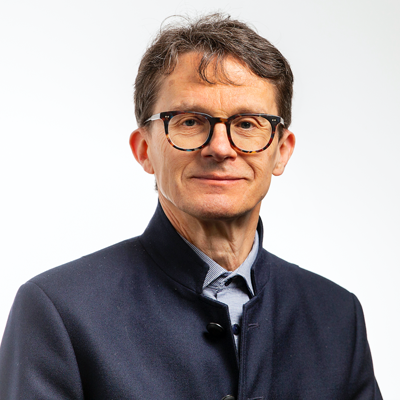-
Research Groups
Clinical Research
-
Haque Group
The Haque Group use a combination of experimental models, single-cell genomics, and computational biology, to study host/pathogen interactions and immune responses during infectious disease and cancer treatment. Our goal is to develop new strategies for preventing these diseases in humans.
Current Projects
-
How do CD4+ T cells preserve memories during malaria?
The Haque Group are funded by the Australian NHMRC to discover new molecular mechanisms that govern the transition from effector to memory states in antigen-specific CD4+ T cells. We focus on experimental blood-stage malaria, with the ultimate goal of developing new strategies that boost naturally-acquired immunological memory and vaccine-mediated immunity to this disease. Currently, we apply single-cell transcriptomics and epigenomics technologies, computational modelling, and experimental target validation in vivo to reconstruct the dynamic process of cellular change within CD4+ T cells.
Lab Team

-
Dr. Marcela MoreiraPostdoctoral Researcher
-
Dr. Hyun Jae (Josh) LeeResearch Officer
-
Dr. Michael Bramhall
-
Lianne LansinkPhD student
-
Cameron WilliamsPhD student
-
Day Group
Professor Karen Day runs a malaria research group studying the role that human variation and parasite diversity play in modulating the dynamics of chronic infection. She is also interested in the ability of malaria parasites to sense their environment by quorum sensing mechanisms to regulate parasite population in the bloodstream.
-
Dunstan Group
Sarah’s group is using host and pathogen genomics to better understand infectious diseases. They perform genome-wide association studies of the host, genomic studies of the pathogen, and investigate the interaction of both genomes in tuberculosis, enteric fever and malaria patients.
Other work areas include:Enteric infections, Tuberculosis
-
Heath Group
Professor Bill Heath’s group’s cellular immunology research currently focuses on understanding killer T cell function with particular reference to improved vaccination strategies and understanding malarial disease.
Other work areas include:Immunology
-
Mueller Group
Research in the Mueller laboratory is focused on dissecting the fundamental cellular processes involved in immune and neuro-immune responses to viruses and cancer in order to identify new targets for vaccines and novel therapeutics. We use advanced imaging and image analysis, single cell and spatial transcriptomics, transgenic mice, CRISPR editing and neuroscience tools to address these crucial knowledge gaps.
Other work areas include:Immunology
-
Rogerson Group
Stephen’s laboratory studies the pathogenesis and immunology of infection with the malaria parasite Plasmodium falciparum in humans. Their laboratory studies are linked to field studies, and they collaborate with leading malaria groups in Africa, Asia and Papua New Guinea.
Doherty Institute researchers have long standing collaborations with malaria researchers in Papua New Guinea, Malawi and Indonesia. They study the effects of malaria infection on pregnant women, their babies, and young children, including studies of new drugs to prevent malaria in Papua New Guinea and Malawi. Working with Malawian clinicians and scientists, they study immune responses in children with severe and uncomplicated malaria. The Doherty is leading a new Centre for Research Excellence in Malaria Elimination, focused on the Asia-Pacific Region. The CRE’s broad aim is to find better tools to detect, prevent and treat malaria in vulnerable groups.
Now recruiting volunteers
There are currently no Now recruiting volunteers
Current projects
There are currently no Current projects
-
Malaria kills
500,000 people
globally each year








